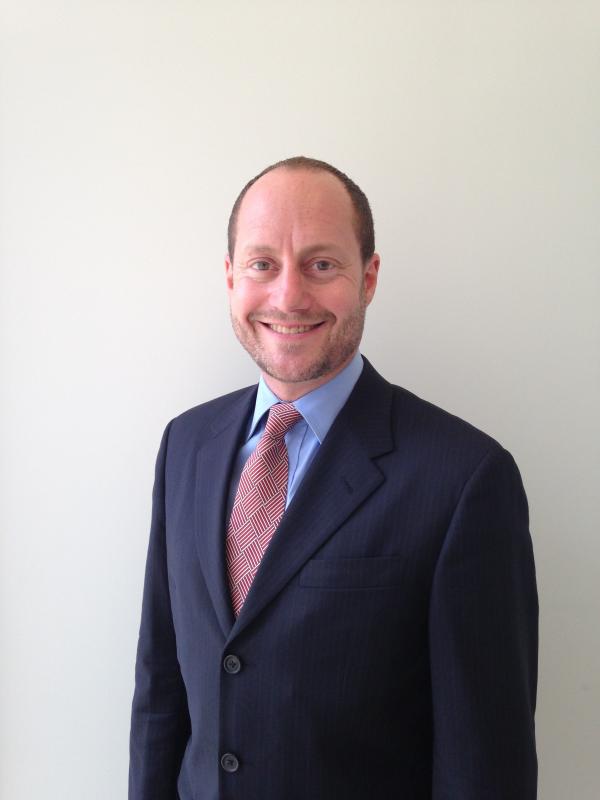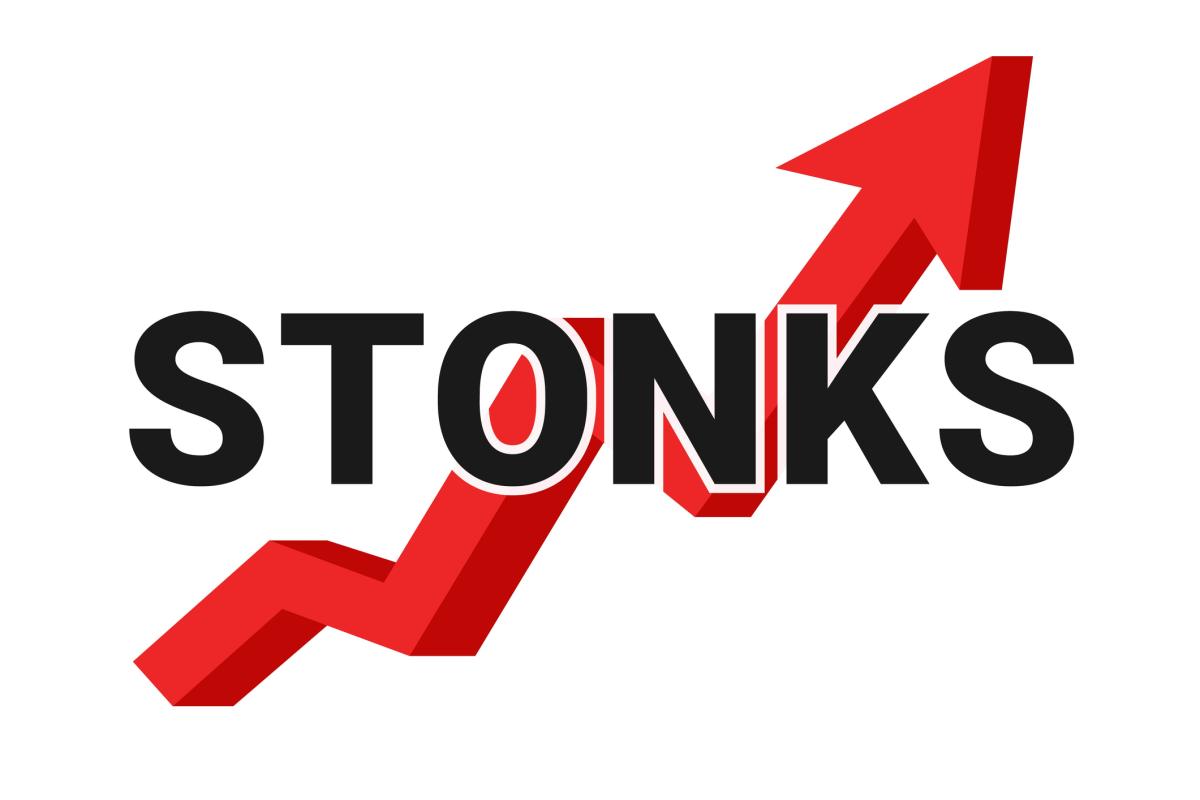By Michael Oliver Weinberg, CFA.
Sammy Hagar could have driven 55 in New York State, the then and now non-interstate stated speed limit, but chose to drive 62, violate the law, got a ticket and wrote an unfortunately memorable song about it. Today the meme ‘stonks,’ who could invest by the laws, chose to violate the laws, don’t get prosecuted, and fortunately have not written a song about it that has been nearly as successful.
Having been a registered representative, worked at Registered Investment Advisors (RIAs) and other security firms for much of three decades, we have had compliance courses and exams over the same period, though admittedly do not have a law degree (some may not hold that against us), nor are an expert in the subject. That said, to confirm that we were not off-base, we would highly recommend Tom Swiers, Office of International Affairs, U.S Securities and Exchange Commission PowerPoint on Market Manipulation (footnote 1). Let us preface the rest by saying, we are vehemently opposed to market manipulation and illicit activity. Theoretically the regulators are also opposed to the aforementioned. Yet there seems to be a paradox that we will try to flesh out subsequently.
If at one of these firms, one had said we are going to seek out a stock with a small float, that is thinly traded, and therefore largely illiquid. Moreover, a stock that is heavily shorted, with a high percentage of the float short. Then put out positive news on it, that may or may not be true, and is likely excessively promotional. With the explicit goal of initiating a short squeeze, to profit by forcing the shorts to cover at ideally much higher prices.
It would be hard to see how that would end any other way than with charges of market manipulation, and SEC prosecution, with one or a combination of the following three outcomes:
- A fine
- Disbarment from the securities industry
- Incarceration
In fact, during the pandemic, we were utterly shocked, that The Wall Street Journal ran a story about a popular crypto trader with an inappropriate, if not offensive name, whose art was based on printing the ‘painting of the tape,’ historically known as market manipulation, of these trades. We sent the article to a compliance person at a registered firm and their opinion was not dissimilar than ours, that it was market manipulation.
Yet, today despite some of the ‘Stonks’ being ‘registered’ and therefore should have known better and be subject to the same laws that those of us that have been registered were subject to, to our knowledge the regulators have not prosecuted them or any other ‘Stonks.’
Would the regulators take the same approach if a group of ‘registered’ alternative alpha managers engaged in the same practice? It's hard to see them not ending up with some combination of the aforementioned following three scenarios.
Even worse, we have seen academics, present at our alma mater and the school that we teach at, defending the ‘Stonks’ practices. Why is this? We don’t know other than the general naïve, uninformed view against shorting. Having been a board member of AIMA, the Alternative Investment Management Association, a not-for-profit, one of whose goals is to educate on the value proposition of alternative assets, we have spent considerable time trying to educate the press, politicians and public on the value proposition of shorting. We will not go into that here, as the goal of this article is not to validate shorting.
Let's look at the economic impact of this practice. Who does this often harm? One might naively or erroneously say, ‘well off alternative alpha managers.’ Unfortunately, though they may be a minor part of the equation, if one studies the data, as we have, over the past two decades since we ran capital at Soros Fund management, the industry has transitioned. Whereas over 2 decades ago, alternative alpha investors were predominantly family offices, today they are predominantly institutional. That means that the investors or beneficiaries who suffer are pensioners (both corporate and public), endowments and foundations (schools, healthcare and other types), insurance companies (policy holders) and sovereign wealth funds (who may distribute money to companies or taxpayers).
Many of the world’s large asset owners, including ones we have worked at espouse fair markets in their responsible investing, environmental, social and governance (ESG) goals and fiduciary duty. When will the regulators revisit their views on the ‘stonks’? As they are implicitly or explicitly supporting a practice that is counter to fair markets, damaging their credibility and potentially adversely impacting their beneficiaries/investors. Just as Hagar learnt he ‘can’t drive 55’ isn’t it time the ‘Stonks’ learn?
Footnotes:
1 - https://www.sec.gov/files/Market%20Manipulations%20and%20Case%20Studies.pdf
About the Author:
For three decades Michael Oliver Weinberg has invested directly at the security level and indirectly as an asset allocator in traditional and alternative asset classes. Most recently he was a Managing Director, on the Investment Committee and a board member at APG, a Dutch pension provider. Previously he was the Chief Investment Officer and Management Committee Member at MOV37 and Protege Partners. Michael is also an Adjunct Professor of Economics and Finance at Columbia Business School, where he teaches Institutional Investing, an advanced MBA course that he created. He was a portfolio manager, board member and global head of equities at FRM, a multi-strategy investment solutions provider. Prior to that, Michael was a portfolio manager at Soros, the macro fund, foundation, and family office, and at Credit Suisse. Before that he was a Real Estate analyst at Dean Witter.
His responsible investing career started as an investor for George Soros’s foundation, then continued at FRM, Protégé and APG, a world leader in Environmental, Social and Governance investing. Michael has taught ESG investing at business schools. He co-authored an academic paper on using machine learning to optimize allocation to the United Nation Sustainable Development Goals, published by The Journal of Impact and ESG Investing. Michael is a former co-founder of Project Punch Card, a not-for-profit organization, whose mission is to increase diversity by facilitating investment careers for under-represented groups.
Michael is a board member of AIMA. He is on the Milken Institute’s Global Capital Markets Advisory Council, the management advisory council for the Michael Price Student Investment Fund and a Special Advisor to The Tokyo University of Science’s Endowment. Michael is a former co-founder of The Artificial Intelligence in Finance Institute. He is a member of The Economic Club of New York. Michael is a former Chair at CFANY, where he has received multiple awards, including Volunteer of the Year. He has researched the impact of AI on Finance for The World Economic Forum. Michael also testifies as an expert witness in financial and technology litigation.
He is a published author, having written for The New York Times, international investment books and other publications. Michael has been interviewed by the Wall Street Journal, Financial Times, CNBC, Bloomberg, and Reuters. He is a frequent panelist, moderator and lecturer for investment banks, institutional and family office organizations and business schools. Michael has a BS from New York University and an MBA from Columbia Business School.





